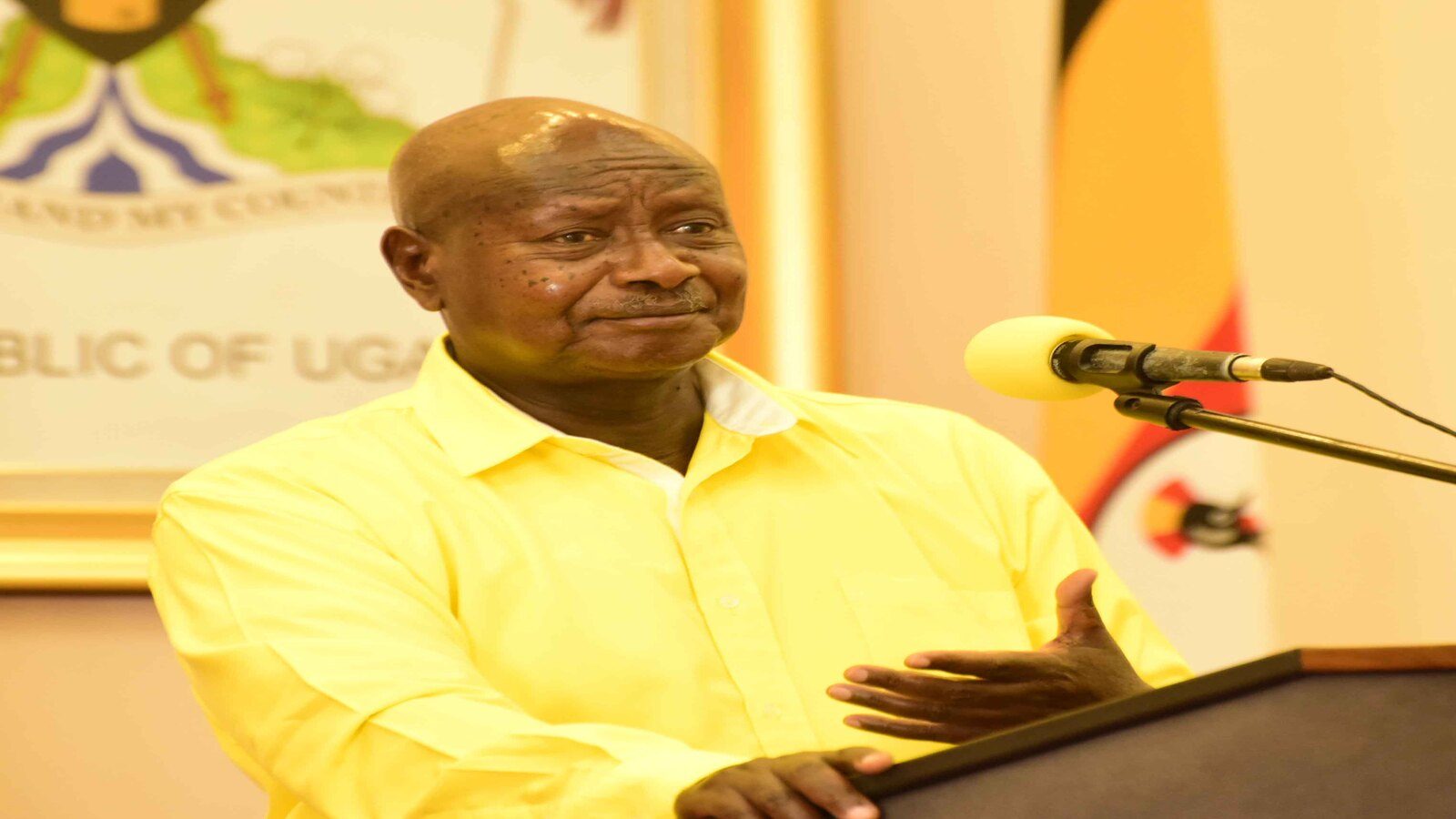Share
At Kawuku in Entebbe today (Thursday), President Yoweri Museveni will officially open Mahathi Infra Uganda Ltd., a new fuel company.
It is anticipated that the corporation will ship oil from Kenya’s port of Kisumu to Entebbe, which is located on Lake Victoria’s shore.
This corporation has made significant infrastructure investments to transport oil from Kisumu, which is connected to an oil pipeline from Mombasa, according to the works and transport ministry.
On its website, it states that when this project is operationalized, fewer highways will be used to deliver fuel from Kenya to Uganda (link).
According to the ministry, Mahathi Infra (U) Ltd.’s primary goal is to transfer oil from Kenya to Uganda; it will not be involved in the selling of oil.
With the launch, Mahathi—a company that Capt. Mike Mukula owns a portion of—will have finished constructing its 70 million-liter gasoline storage tanks at Kawuku.
According to the government, road transportation is now used to move petroleum products from Kisumu/Eldoret in Kenya, including diesel, gasoline, kerosene, and Jet A1.
According to the system, “the associated issues are: It is expensive, it creates pollution, and it leads to traffic congestion.”
UNOC begins gasoline imports.
Uganda requested on July 7, 2024, that the Kenyan government reduce the $40 million (about sh147 billion) bond costs at an oil storage terminal it uses to transport petroleum goods from Mombasa to Kampala.
This came after the Uganda National Oil Company (UNOC) started importing refined petroleum products directly through the Mombasa port on July 3, 2024.
As I speak, energy minister Ruth Nankabirwa stated, “They have increased the bond fee to the tune of $40m at Vito terminal where we are going to offload our products and store them. For that reason, I will be returning to Kenya to meet with my colleague [Davis] Chirchir (Kenya’s Energy Cabinet Secretary).
She stated that the burden would fall on the customers as a result of the high bond fees raising petrol pump prices in Uganda.
“Ugandans are not going to see a lower pump price when you increase to $40 million since you are forcing UNOC to increase as well. In order to prevent them from imposing this kind of levy on us—which is deterrent and not in keeping with the spirit of the East African Community—I am still in talks with the Kenyan administration, she stated.
Nankabirwa guaranteed Ugandans that, under the same conditions, prices would be competitive.
“Already, one component is not constant. The bond fees that end users must pay more for at the pump have gone up. Thus, I would like Ugandans to wish me well in my talks to reduce bond fees.
At Mombasa’s Kipevu Oil Terminal II, UNOC received its first shipment of 65,000 tonnes of diesel and 78 million liters of gasoline on July 3, 2024.
This was the result of lengthy talks with Kenyan authorities and months of expectation.
At the moment, Uganda is a net importer of petroleum products, with the majority coming from the ports in Mombasa, Kenya, and Dar es Salaam, Tanzania.
Through the importation mechanisms in Kenya and Tanzania, the licensed oil marketing corporations were autonomously importing.
Through their associated Kenyan businesses that are registered and taking part in Tanzanian and Kenyan import structures, the Ugandan oil marketing corporations have been able to receive their allocations for the import of petroleum products under these arrangements.
The Petroleum Supply (Amendment) Act 2023, which gave UNOC the exclusive authority to import and supply all petroleum products into Uganda, strengthened the company’s position as the exclusive importer of petroleum products.
It is anticipated that this calculated action will stabilize pump costs in the community. Petroleum products were previously directly sourced from Kenya by oil marketing corporations.
UNOC signed an agreement to provide petroleum products up to the port of Mombasa with Vitol Bahrain, a Middle Eastern bulk petroleum trader. UNOC will thereafter take care of the sale and delivery to Ugandan oil marketing businesses.
With an anticipated annual growth rate of 7%–9%, monthly exports are scheduled to meet Uganda’s fuel demand, which now stands at seven million liters per day.









